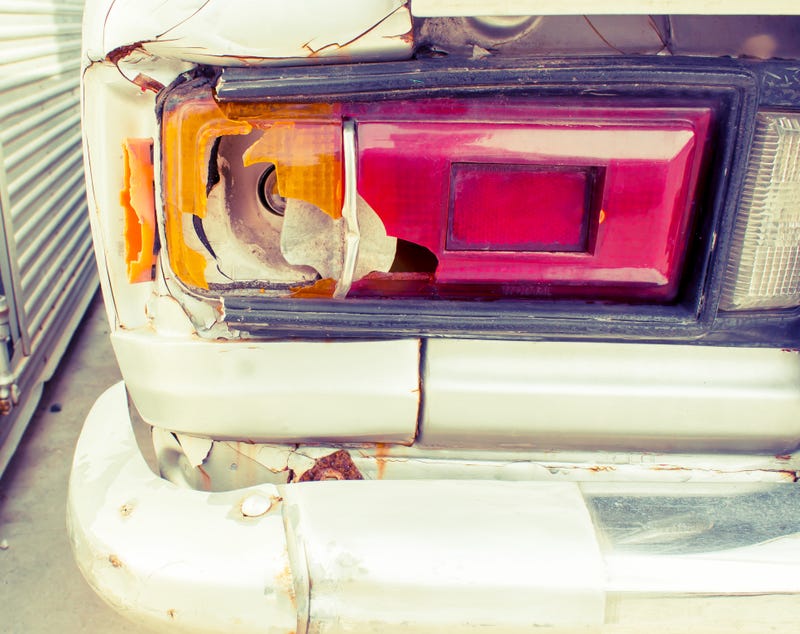
PHILADELPHIA (KYW Newsradio) — Philadelphia Common Pleas Court has dismissed a suit the police union brought against the city for its Driving Equality Law, which was intended to end race-based traffic stops, but the union says it will appeal.
The Fraternal Order of Police argued the law violates the Pennsylvania Motor Vehicle Code and puts the public at risk, because it prohibits officers from stopping drivers for eight minor infractions, such as a missing inspection sticker, a single broken headlight or taillight, bumper damage or something hanging from the rearview mirror.
Common Pleas Court tossed the complaint, ruling that the Driving Equality Law does not violate the Motor Vehicle Code, because all the violations covered by the law remain enforceable. Police can cite drivers, but the law states those violations can’t be the only reason a driver is pulled over.
In a statement, FOP President John McNesby said he intended to appeal the decision to Commonwealth Court. The law, he said, “allows reckless drivers behind the wheel of unsafe vehicles.”
The law’s sponsor, Isaiah Thomas, said that is not true.
“This was a collaborative effort to assure that it didn’t have a negative impact on public safety. And with all the issues we have in the city of Philadelphia, I would like us to focus on things that we know have an impact on public safety, not people who are committing motor vehicle code violations that are non-moving violations,” Thomas said.
Thomas said he was pleased but not surprised by the court’s decision.
“We tried our best to put ourselves in a position to withstand any legal challenge that might present itself, when we originally crafted the legislation,” he said.
He lamented the FOP’s statement that it would appeal to Commonwealth Court.
“It’s unfortunate, because we’re about to waste more taxpayer dollars to take this to the next level.”
The law went into effect a year ago, despite the suit, and research by Thomas’s office showed car stops for minor offenses have been reduced, while stops for more serious offenses increased, suggesting the law has not hurt public safety. Racial disparities in the stops, however, persisted.

